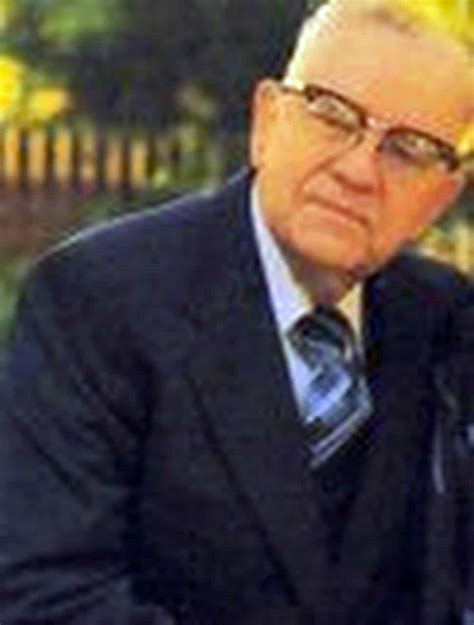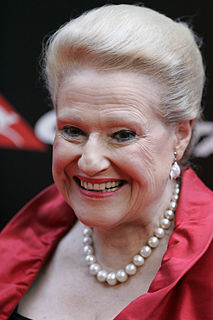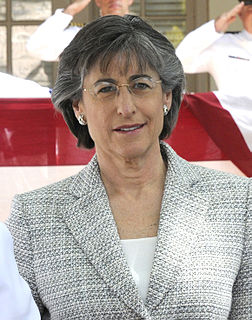A Quote by Thomas Sowell
Why the transfer of decisions from those with personal experience and a stake in the outcome to those with neither can be expected to lead to better decisions is a question seldom asked, much less answered.
Related Quotes
In their zeal for particular kinds of decisions to be made, those with the vision of the anointed seldom consider the nature of the: process: by which decisions are made. Often what they propose amounts to third-party decision making by people who pay no cost for being wrong-surely one of the least promising ways of reaching decisions satisfactory to those who must live with the consequences.
All we can do as women is make the best decisions for us. And that includes everything from how you look to how you dress to whether you choose to stay at home or work when you have kids. All those decisions are so personal, and we have to start with finding what brings us joy and what brings us our own individual confidence. And if we're feeling good with those choices, then it makes what everybody else has to say less important.
Through the plan of prayer, God actually is inviting redeemed man into full partnership with Him; not in making the divine decisions, but in implementing those decisions in the affairs of humankind. Independently and of His own will, God makes the decisions governing the affairs of earth. The responsibility and authority for the enforcement and administration of those decisions, He has place upon the shoulders of the church.
I deeply believe - and not just as a matter of politics, but even as a matter of morality - that matters about reproduction and intimacy and relationships and contraception are in the personal realm. They're moral decisions for individuals to make for themselves. And the last thing we need is government intruding into those personal decisions.
The real question for me is, do people have the tools that they need in order to make those decisions well? And I think that it's actually really important that Facebook continually makes it easier and easier to make those decisions... If people feel like they don't have control over how they're sharing things, then we're failing them.
I went to school at MIT with a whole bunch of engineers. And then I started work one day and asked myself, 'Why do all of these MIT Ph.D.s work for Harvard M.B.A.s?' Why should it be like that? I was one of those engineers who thought, 'Why are these people making those dumb decisions?' So it's fun to be the person making them.
A hundred years ago-even 20 or 30 years ago-it was possible, if not always easy, to close major business by calling on and satisfying a key decision-maker. Today, every piece of business entails multiple decisions, and those decisions are virtually never made by the same person. Not only do you have to contend with multiple decisions, but the people who make those decisions may not even work in the same place.
People are trying to build a society where they can talk across the aisle so to speak, and have civil discourse. At the same time we're trying to inform ourselves about what's really true so that we can make evidence based decisions that is better than superstition or rumor. But the fact is that people who use evidence based decision making have much better life outcomes, greater life satisfaction, they live longer, they make better personal and medical decisions, better financial decisions. But parallel to that is you can't reason somebody out of a position they didn't reason themselves into.




































